An introduction to Acis and Galatea
Here’s everything you need to know about ENO Studio Live’s production of Handel’s Acis and Galatea.
It’s a pastoral opera by Handel…
George Frideric Handel was a German composer, who studied in Italy and lived in England. The British, specifically Queen Anne and her successor King George, took a liking to Handel and his music. In 1727 he became a British Citizen and anglicized his name from Georg Friedrich Händel.
The opera is a tale of love between the Nymph Galatea, shepherd Acis, and the jealous giant Polyphemus. Read the full Acis and Galatea synopsis. There have been many versions of the opera, but the one that still survives today is an adaptation of the version Handel composed in 1718.
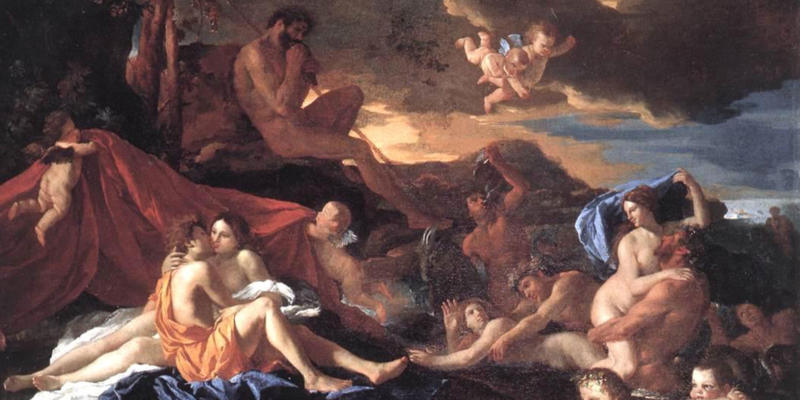
Acis and Galatea by Nicolas Poussin, inspired by Ovid’s text
It is based an episode from Roman poet, Ovid’s Metamorphoses
Publius Ovidius Naso, or Ovid as we know him, was a Roman poet. The tale of Acis and Galatea was told in Book XIII of his fifteen books that made up Metamorphoses. The myth was used in countless works of art, sculpture and literature, especially during the Baroque and Renaissance periods.
The emperor Augustus actually banned Ovid’s works from public libraries, as well as banishing him from Rome. The reason for his banishment is remained a mystery, but in 2017 to mark the 2000th anniversary of the poet’s death, Rome formally revoked his exile.
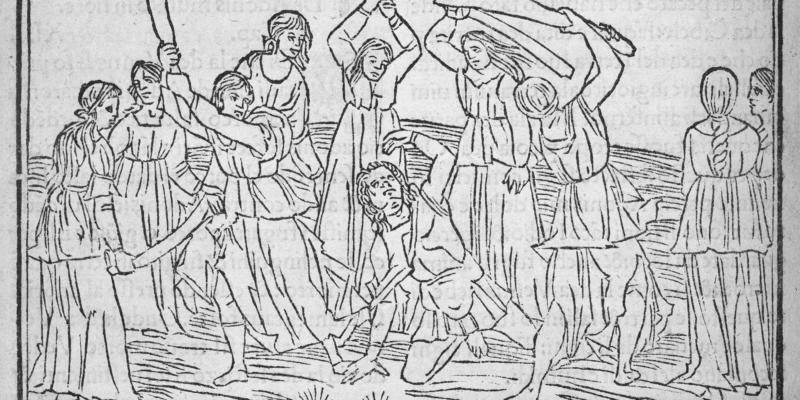
An illustrated Italian edition of Ovid’s Metamorphoses, 1501
It was the opera most performed during the composer’s lifetime
Although Handel’s first opera for the London stage Rinaldo was a huge success, 18th Century audiences couldn’t get enough of Acis and Galatea. The opera was first performed in 1718, and by the middle of the century it had been staged no less than seventy times. It is also one of the few works to remain popular after his death. Before his death aged 72, Handel had written some 31 operas for the London stage alone.
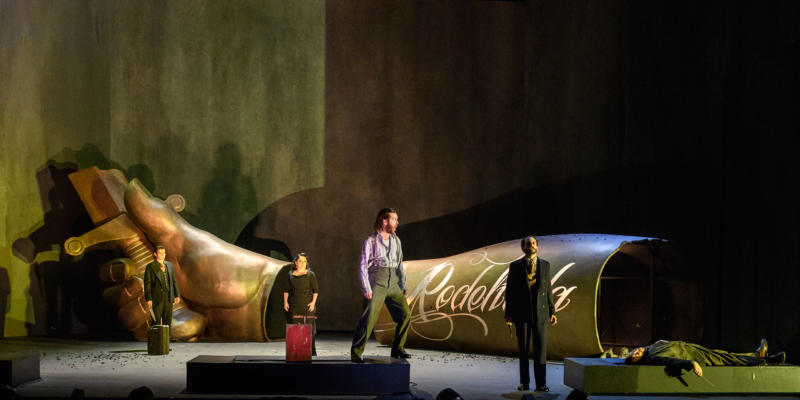
ENO’s 2017/18 production of Handel’s Rodelinda
It was set to an English libretto by three famous poets
Although the original libretto was by John Gay, both Alexander Pope and John Hughes have been credited with possible additions to the text. Poet John Gay is possibly best known for The Beggar’s Opera, the opera which started to turn British audiences away from the Italian operas Handel had given them.
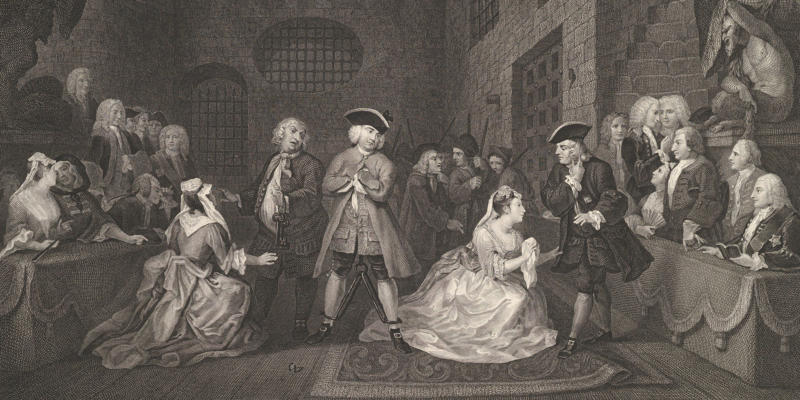
Engraving by William Blake, based on Act III of John Gay’s The Beggar’s Opera
This will be the very first time ENO has staged the opera
Directed by Sarah Tipple, Acis and Galatea will be performed as part of our ENO Studio Live series, along with Britten’s Paul Bunyan. Sarah recently revived Mike Leigh’s The Pirates of Penzance and Anthony Minghella’s Madam Butterfly for ENO.
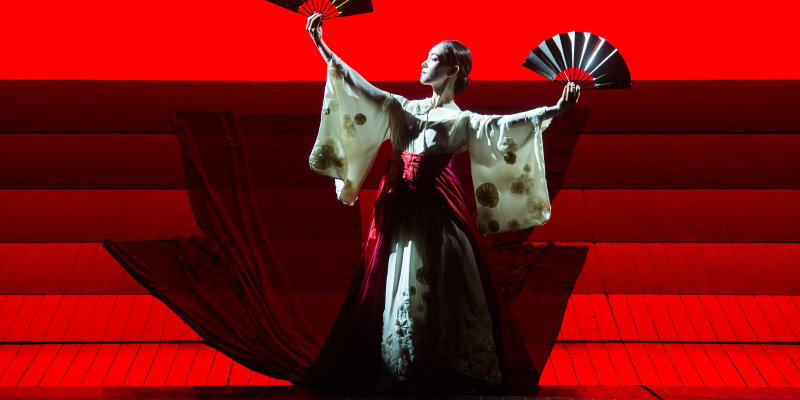
ENO’s 2015/16 production of Puccini’s Madam Butterfly
